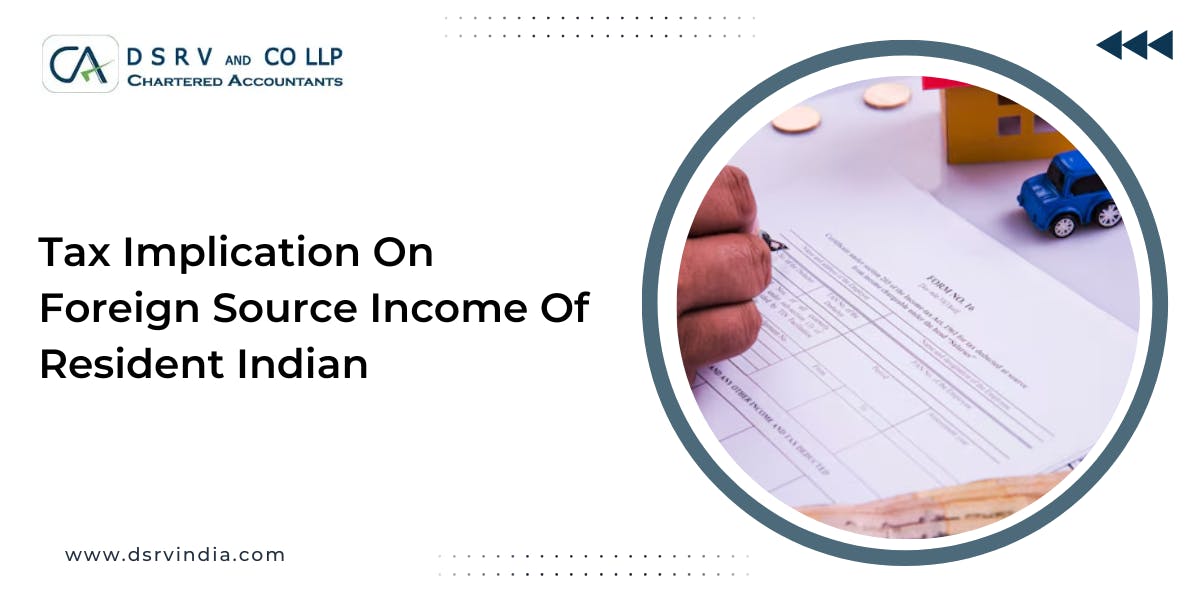Tax On Foreign Source Income Of Resident Indian - Why It Matters [2025]
Do you receive your income from foreign sources? If yes, do you know the conditions of taxation on foreign income? The tax laws of India may feel overwhelming, however, we are here to navigate you through the process. As the top tax consultant in Gurgaon and chartered accountant firms in Gurgaon, we will help you understand Indian tax on foreign income and clear your queries. Keep reading to learn more about tax on foreign income of resident Indian:








